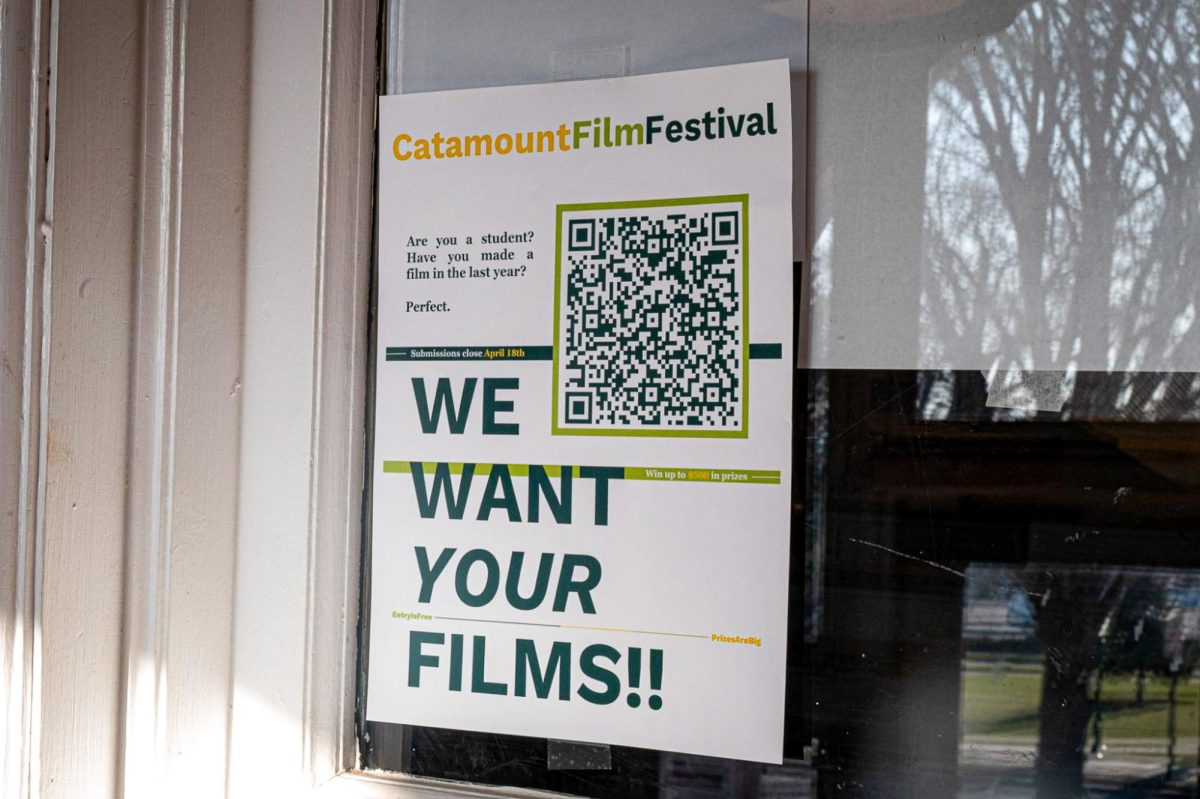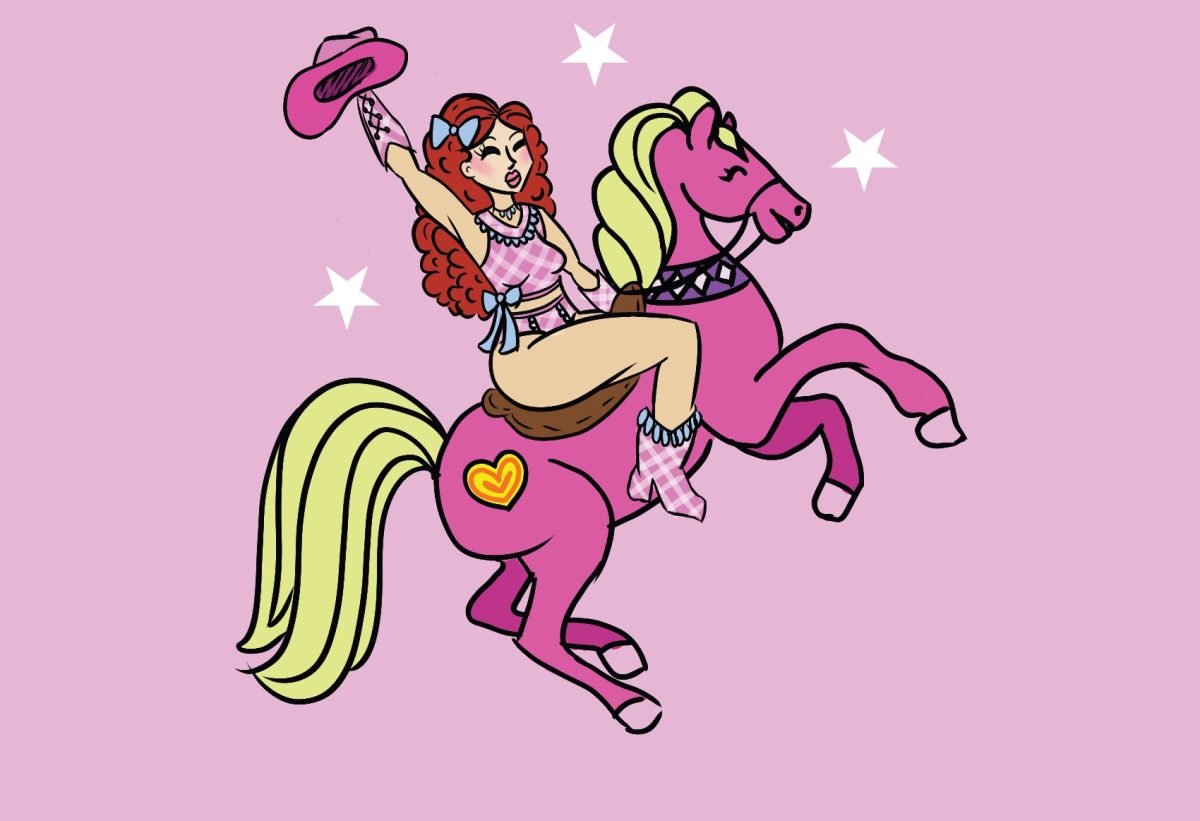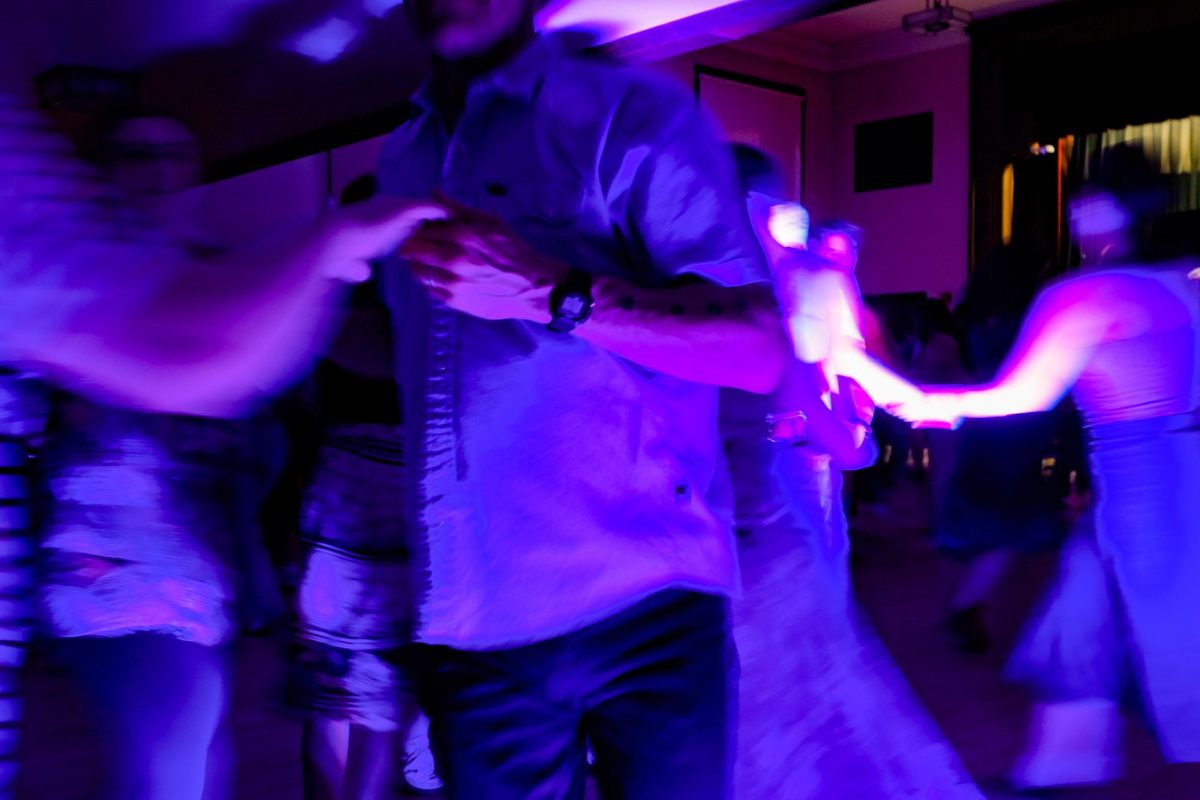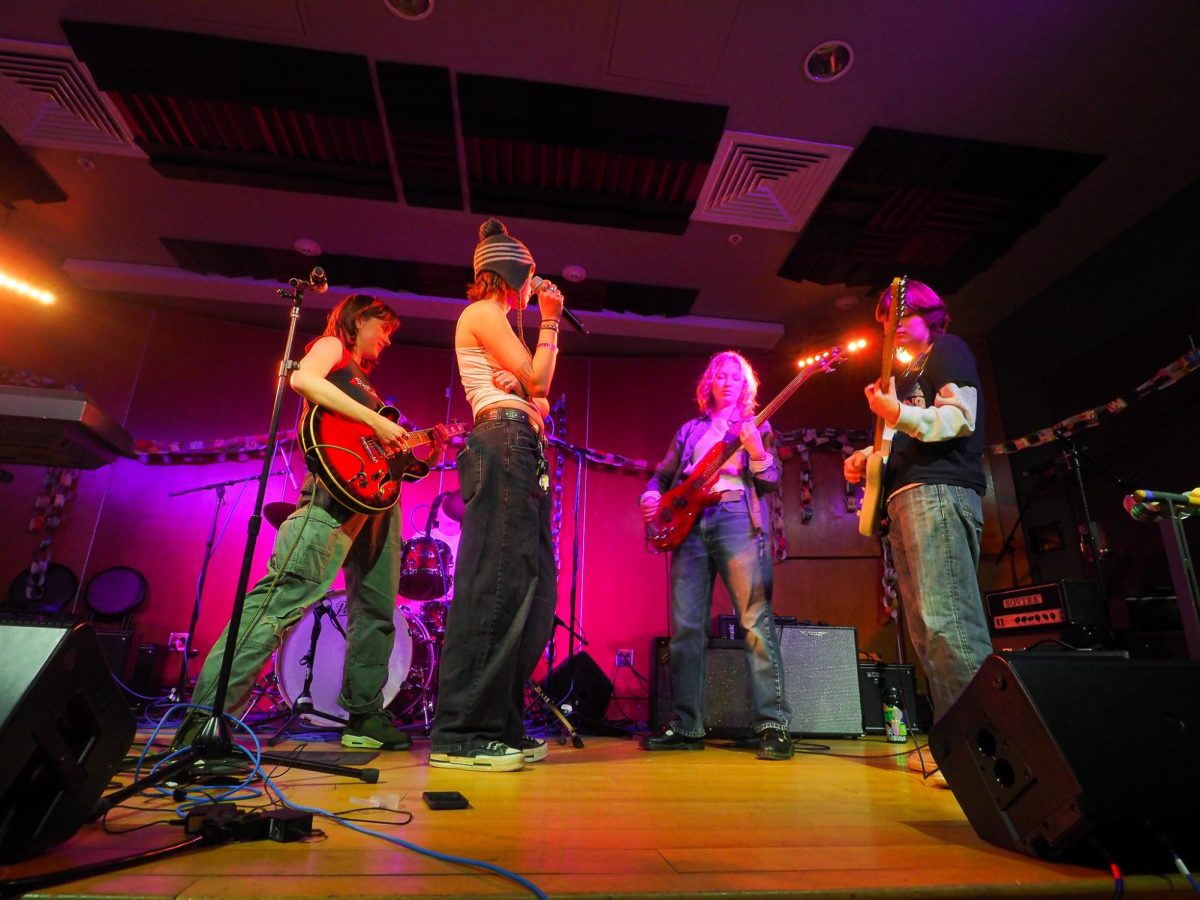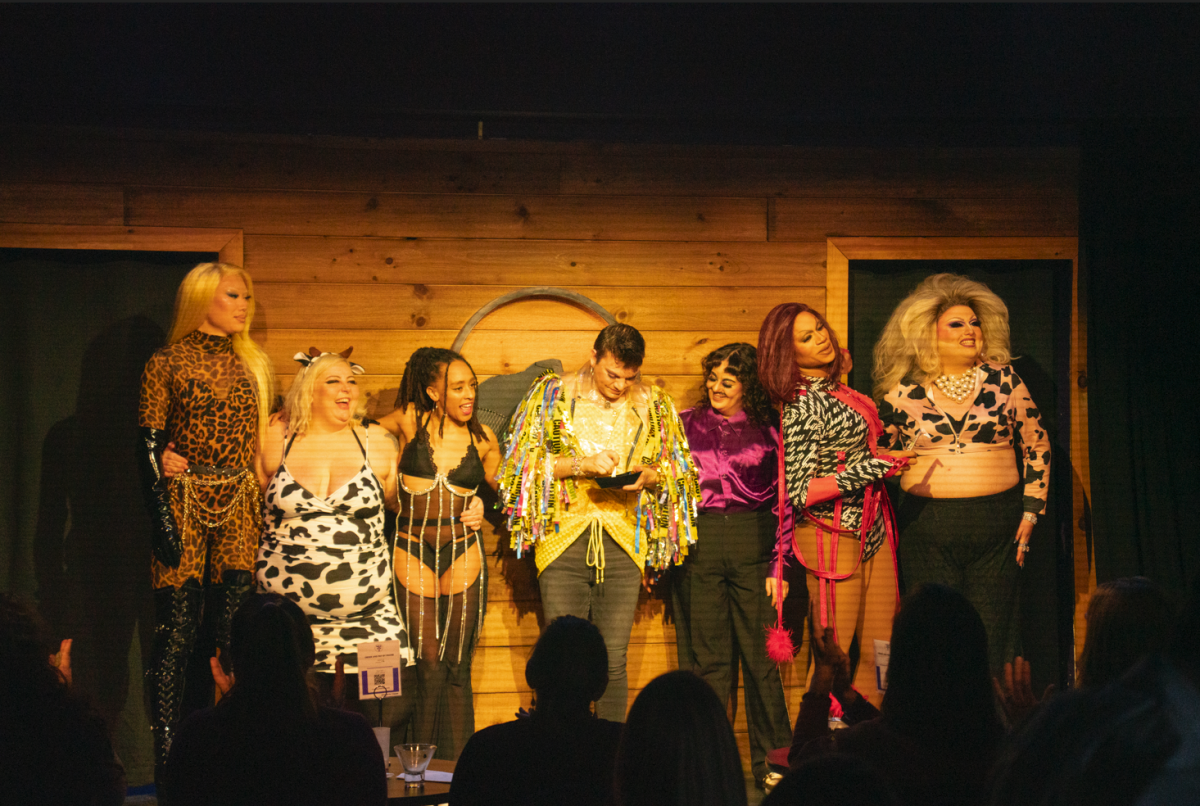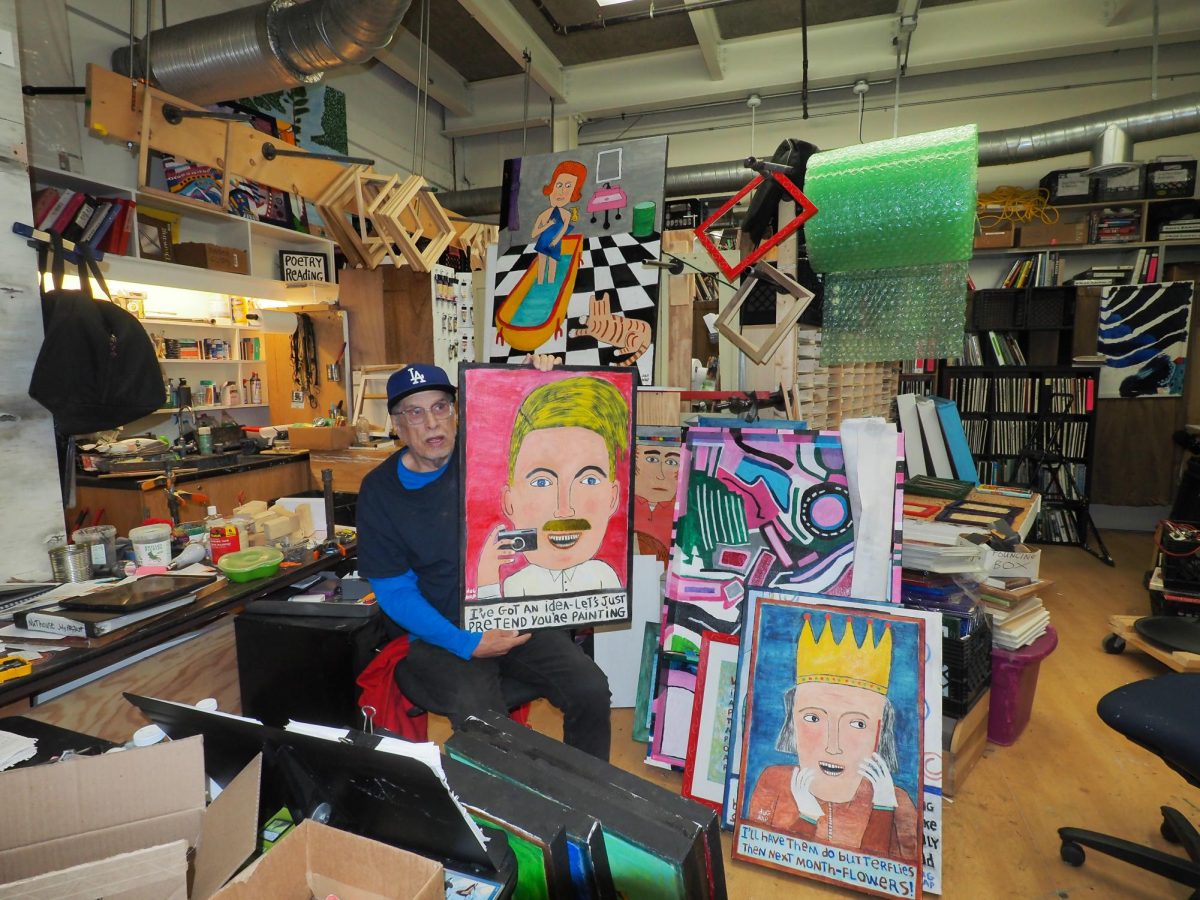The New Deal has been bringing an ever-evolving meld of live, jazzy, electronic jams to a town near you since their formation in 1998. I had a chance to talk with keyboardist Jamie Shields this week on their unique sound and keeping up with the constantly changing music industry. VC: What brought you into the live electronic scene? JS: Well, I kind of fell into it. Me and the bassist [Dan Kurtz] have been playing in the band together since we were 13, and we’ve known Darren [Shearer] for a long time, too. [Darren] had a regular gig at some bar, playing with this kind of acid jazz band. Sometimes the keyboardist couldn’t make it, sometimes the guitarist, so we started filling in, and no one really cared, so we just jammed. Then when we did it just the three of us. It started sounding pretty good, so we decided we’d play at an actual venue. First gig, there were probably six people. We decided before the show we’d just record it, to hear what we sounded like. The sound man decided to mix for the cassette. That sound man became our sound man for the past 800 shows, and that cassette became our first record, “This Is Live.” Whatever I’m doing just seems to blend together with what they’re doing. At times it’s hard to put a category on it, but that’s just what we play. VC: Did you ever imagine this genre, and ones similar, would become so popular? JS: No, but yes. We weren’t a band yet, we were just like, ‘Lets play a show and see what happens.’ After we listened to it I said to Dan, ‘We have to form a band.’ Did I think that we had struck a nerve with us and the other people who listened to it? Yes. But did I think we were going to go out and make a career of it? No. A musician’s got to be out of their mind to start out and think they are going make a career out of it. We start out with this idea, like, a lot of its got to be improvised. There was so much against us; I never thought it was going to hit as many people as it has. VC: How do you keep up with the ever-expanding list of DJs and electronic artists? Do you listen to any contemporaries for inspiration? JS: Darren definitely does and Dan definitely does; I don’t, certainly. My musical tastes go from about 1780 to, like, 1984. I listen to what I listened to since I was a teenager, pretty much. I rely on them to tell me what’s up. But that’s part of how I make the sound; I don’t particularly listen to dance music, but that doesn’t mean I don’t relate to dance music. I have [an] attachment to the rhythm and the beats and the chords. Sometimes I’ll hear a new electronic song through Dan or Darren and think, ‘That sounds like me.’ VC: You play improvisational shows; do you ever surprise yourself with where the music goes? JS: Every night, usually for most of the show. We’ll listen back to our shows, and, first of all, I won’t even recollect playing that, but it sounds great. And if it didn’t surprise us and impress every night, it’d be time to hang up our skates. Everyone loves playing music and being on stage but the rest of it ain’t that good, all the touring and traveling. VC: What’s your take on the seemingly endless music-sharing war? JS: Well, there’s nothing I can do about it. Almost from the beginning, we allowed our shows to be taped. We allow people to share our music. I mean, I have to thank the online trading companies for sending our music around as much as they have to thank us for allowing them to share our music. In the beginning, because of people trading our shows, there would be 250 people there rather than 10. That’s what allows me to be a live musician. People can’t really sneak into a show; they’ve got to buy their ticket. Tape trading has allowed us to keep doing what we do. It’s not that I really like it, but it’s made us come to where we are. The only valuable thing to have is a concert. It is what it is and it’s here to stay, so you’d better get used it. VC: You guys built yourselves from the ground up; any advice to Burlington bands trying to do the same? JS: I have the same advice that I give to anybody: Accept every gig you’re offered and play every time you can. Don’t expect money for your first hundred shows. Get used to waking up tired, because you played last night and have to go to your day job. If you’re picky about playing your shows before your first hundred, you’re picky too soon. I got that advice from an interview with Robert Plant. They played everything they could, and I thought, ‘I could do that.’ You could play until your hands are bleeding, but you keep going. In order to be a better musician you have to play shows. If you get a lot more offers, accept every one. I did. Living proof of that. You can check out The New Deal at Higher Ground this Friday, Feb. 4, and follow their tour dates, news and more at www.thenewdeal.com.
Categories:
The New Deal’s not getting old
February 3, 2011
0
More to Discover


